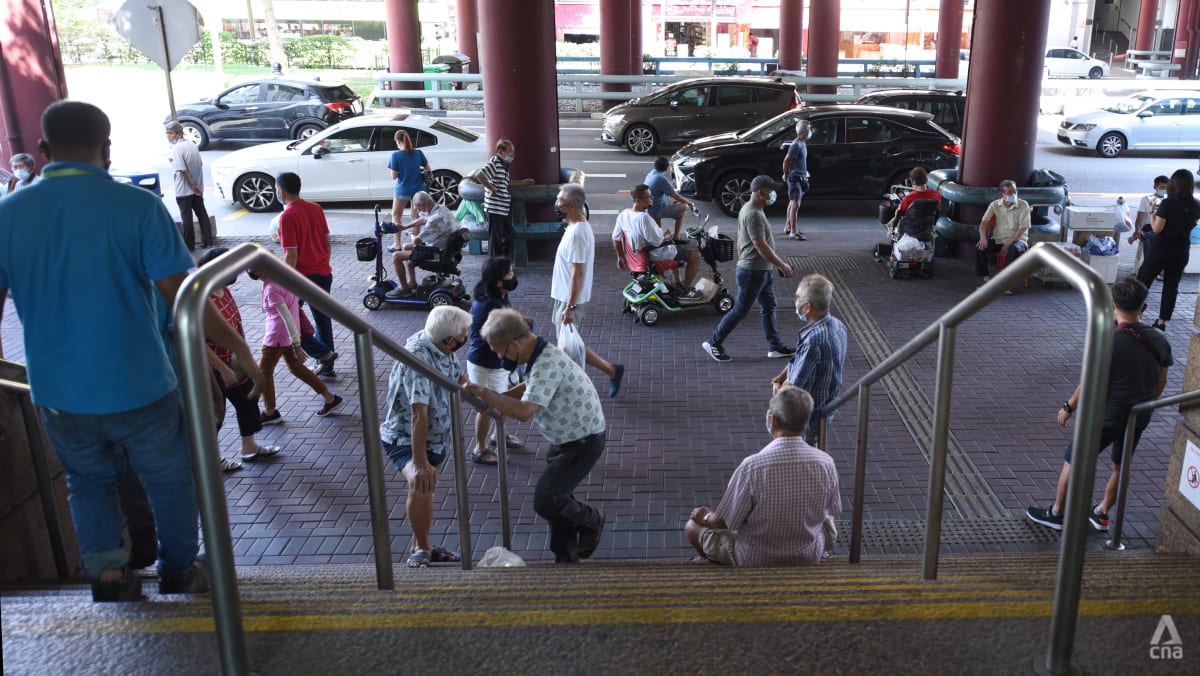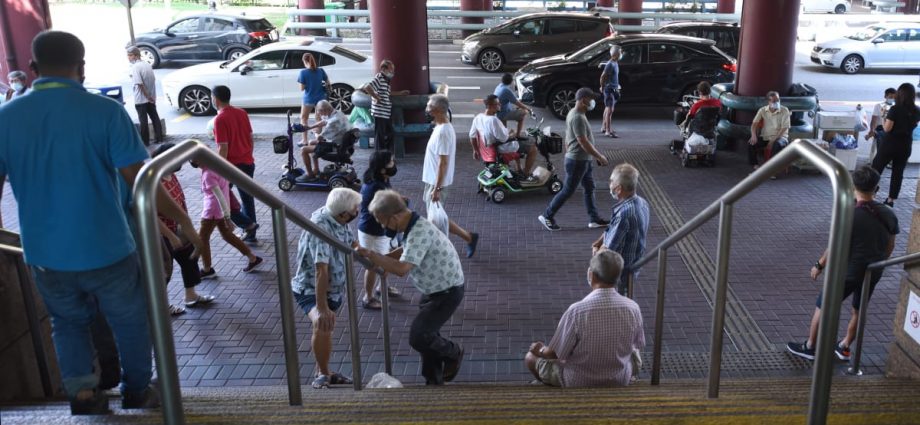
SINGAPORE: Almost every night, as he lay on his bed hoping to fall asleep, he would struggle with thoughts of dying alone in his one-bedroom flat.
Attempts to ignore the disturbing noise in his head were futile, recalled 69-year-old Mr Wong (not his real name). A prescription of one-and-a-half sleeping pills daily did not work. Neither did taking three pills at once, or even six.
It was a daily tussle for weeks, until one night when Mr Wong decided to take all the pills he had. He counted some 50 tablets and swallowed them.
“That time I thought, this is painless, swallow them and have a good sleep. Don’t wake up already,” the senior said in Mandarin, as he remembered that night almost five years ago.
“But I couldn’t sleep. Instead, I felt nauseous and kept vomiting.”
Mr Wong’s case is not uncommon, said social workers from non-profit organisation O’Joy. They see about a hundred other clients like him – each with their own struggles – who turn to self-harm.
Although agencies, including the Ministry of Social and Family Development, Ministry of Health (MOH) and the Institute of Mental Health (IMH), were unable to provide figures on elderly self-harm, experts believe such cases could be under-reported.
REASONS BEHIND SELF-HARM
Self-harm, by definition, is injuring oneself on purpose but not with the intent of committing suicide, said Dr Yao Fengyuan, senior consultant and chief of the Geriatric Psychiatry Department at IMH.
The main reasons behind of elderly self-harm, according to Dr Yao, include serious physical health issues, financial difficulties and coping with loss. Then, there are those who have to deal with social isolation and family tensions during the pandemic, he added.
Elderly self-harm cases are noticeably different from those reported by youth, an age group which has received increasing attention in recent years on the issue, he said.
According to Dr Yao, seniors tend to self-harm by overdosing on medication and cutting themselves.
“There are some seniors with mental illness but are unwilling to seek help. Because these mental illnesses are associated with poor awareness, such as psychosis and dementia,” said Dr Yao.
Also, some seniors may not be able to identify their psychosomatic symptoms.
Samaritans of Singapore (SOS) chief operating officer Phua Chun Yat said: “They are likely to tell the health professionals that they are experiencing chest pains but actually it’s psychological pain.”

